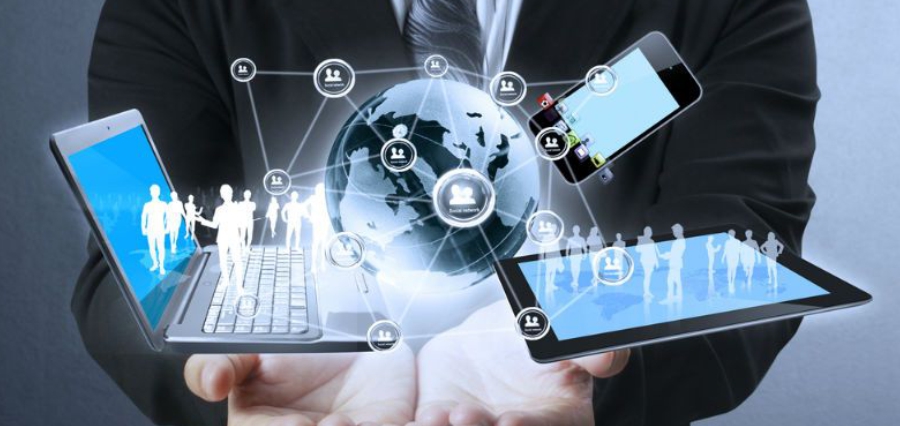In the fast-paced world of global business, staying ahead of technological trends is essential for maintaining competitiveness and driving innovation. As technology continues to evolve at a rapid pace, businesses must adapt and embrace new technologies to meet the changing needs of customers and stakeholders. In this article, we’ll explore some of the key technological trends shaping the future of global business and what to expect in the coming years.
1. Artificial Intelligence and Machine Learning:
Artificial intelligence (AI) and machine learning (ML) are poised to revolutionize global business by automating processes, enhancing decision-making, and unlocking new insights from data. AI-powered algorithms can analyze vast amounts of data to identify patterns, predict trends, and personalize customer experiences. In the coming years, we can expect to see AI and ML technologies integrated into various aspects of business operations, from customer service and marketing to supply chain management and risk analysis.
2. Internet of Things (IoT):

The Internet of Things (IoT) is transforming the way businesses operate by connecting devices, sensors, and machines to the internet, enabling real-time monitoring, analysis, and control of physical assets. In the coming years, IoT technologies will continue to proliferate, driving efficiency, productivity, and innovation across industries such as manufacturing, healthcare, transportation, and agriculture. From smart factories and connected vehicles to wearable devices and smart cities, the IoT ecosystem will continue to expand, creating new opportunities and challenges for businesses.
3. Blockchain Technology:
Blockchain technology, best known as the underlying technology behind cryptocurrencies such as Bitcoin, is gaining traction in global business for its potential to revolutionize processes such as supply chain management, financial transactions, and digital identity verification. By providing a secure, transparent, and decentralized ledger for recording transactions, blockchain technology can streamline operations, reduce costs, and enhance trust and transparency in business transactions. In the coming years, we can expect to see widespread adoption of blockchain technology across industries, driving innovation and transforming business models.
4. Cybersecurity and Data Privacy:
With the increasing digitization of business processes and the growing volume of data being generated and shared, cybersecurity and data privacy have become top priorities for businesses worldwide. In the coming years, we can expect to see continued investment in cybersecurity technologies and practices to protect against evolving cyber threats such as ransomware, phishing, and data breaches. Additionally, regulations such as the General Data Protection Regulation (GDPR) and the California Consumer Privacy Act (CCPA) will continue to shape the landscape of data privacy, requiring businesses to implement robust data protection measures and ensure compliance with regulatory requirements.
5. Augmented Reality (AR) and Virtual Reality (VR):
Augmented reality (AR) and virtual reality (VR) technologies are blurring the lines between the physical and digital worlds, creating immersive experiences for consumers and businesses alike. In the coming years, we can expect to see AR and VR technologies increasingly integrated into various aspects of business, from retail and marketing to employee training and product design. These technologies have the potential to revolutionize customer engagement, enhance collaboration, and drive innovation across industries.
6. Cloud Computing and Edge Computing:

Cloud computing has transformed the way businesses store, process, and access data, enabling scalability, flexibility, and cost-efficiency. In the coming years, we can expect to see continued growth in cloud computing adoption, with businesses leveraging cloud services for everything from data storage and software development to artificial intelligence and machine learning. Additionally, edge computing, which brings computation and data storage closer to the source of data generation, will gain prominence, enabling real-time processing and analysis of data from IoT devices and sensors.
In conclusion, the future of global business will be shaped by a myriad of technological trends, from artificial intelligence and IoT to blockchain, cybersecurity, AR/VR, and cloud computing. By embracing and leveraging these technologies, businesses can drive innovation, enhance competitiveness, and meet the evolving needs of customers and stakeholders in the digital age. However, businesses must also be mindful of the challenges and risks associated with adopting new technologies, including cybersecurity threats, regulatory compliance, and ethical considerations. By staying informed and proactive, businesses can position themselves for success in the dynamic and ever-changing landscape of global business.

